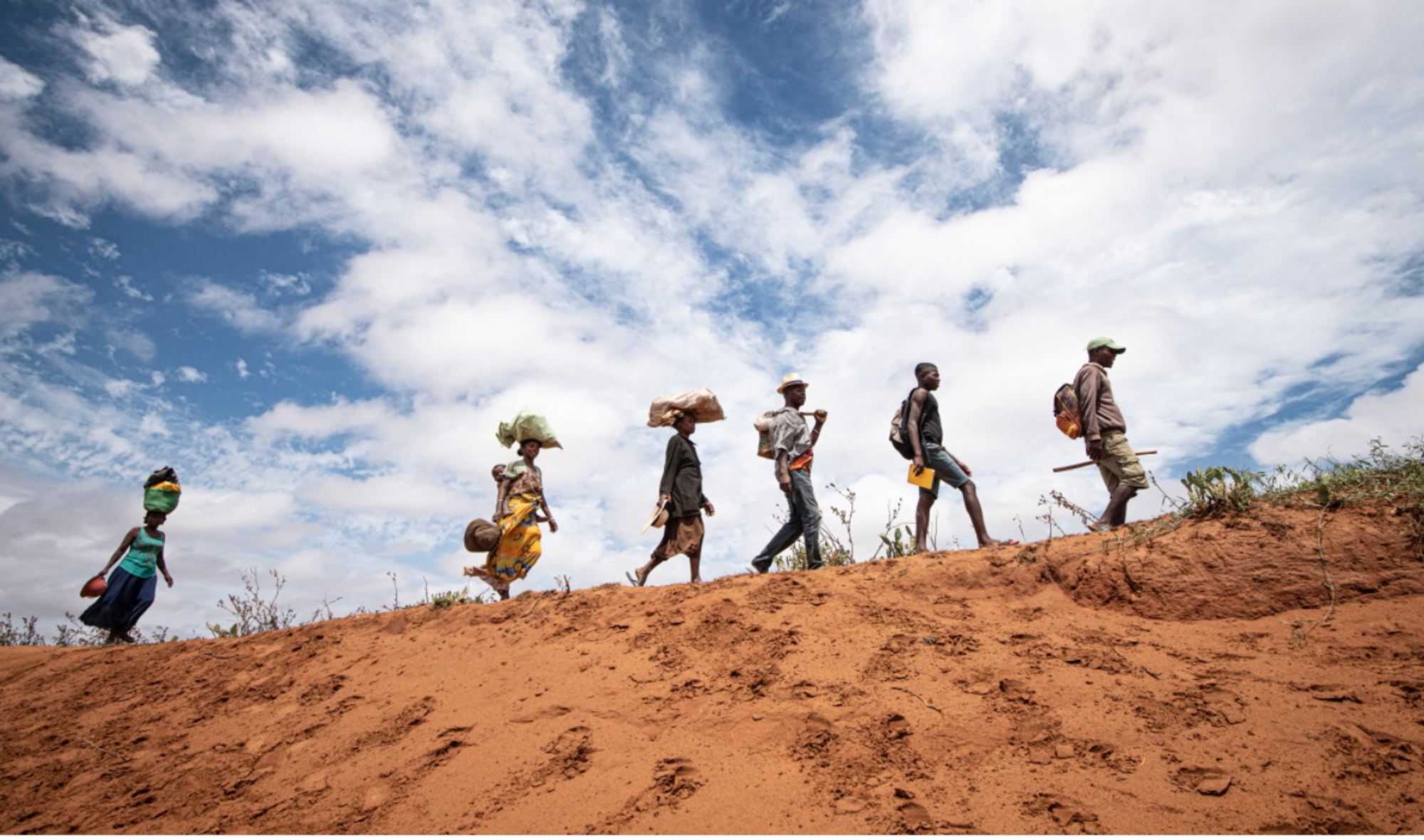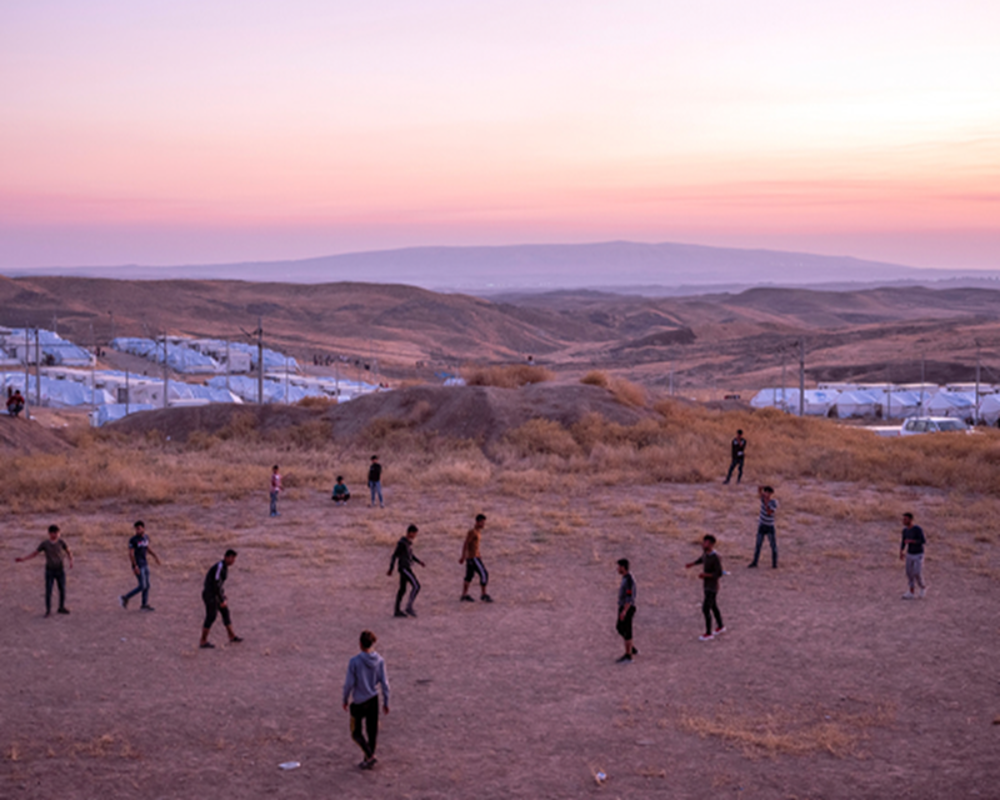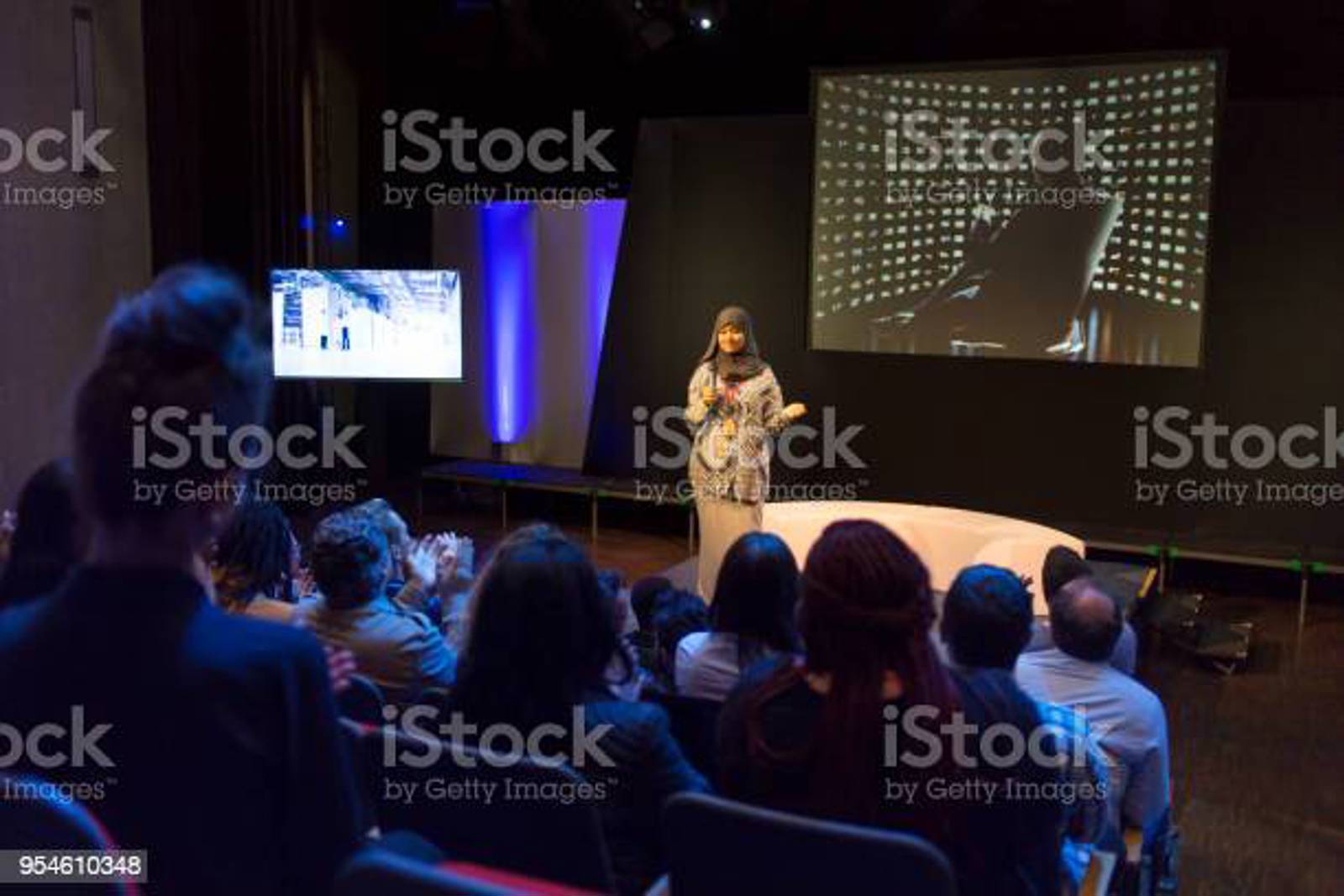Why patient philanthropy pays dividends
Tuesday, 24 October 2023

Tuesday, 24 October 2023

Ellen Agler, CEO of the END Fund, on the importance of understanding systems before you try to change them.
Philanthropy often sets out with big ambition. A funder has a big, bold idea, and they set out to impart that on whatever project that they are involved in. But I think what’s more important is to really understand the size and scale of a problem and then from there, find out how - and with whom - you’re going to solve it.
One of my friends and mentors always says, systems change requires leaving your egos and logos aside and thinking more about what's between organisations, than what you are doing doing individually.
The END Fund is a funding collaborative that mobilises resources from a community of donors and then partner with NGOs to design programmes combatting neglected tropical diseases (NTDs) across 25 countries, with a focus on sub-Saharan Africa.
For us, the starting point is deep listening to understand who the stakeholders are, and how we can all work together to find a solution. It’s also about mapping power dynamics and knowing who isn’t speaking, and why not.
When we have meetings, we make sure the funders are sitting at the back of the room and we don't give them speaking roles. They are there to listen, to let the countries do the talking, because they are the ones in the driving seat running the national plans doing the work.
It’s not about having a top-down approach and making decisions in London or New York or Geneva, it’s about understanding what those with the most proximate experience and deepest understanding of the issue need and how can they be helped to do their job.
“Philanthropists need to be patient enough to really understand a problem before trying to solve it.”END Fund CEO, Ellen Agler

Neglected tropical diseases are really quite complex. There are more than a billion people who need treatment for at least one or more NTD and these are people living in extreme poverty. But, if we work collectively at a systems level, there are solutions to be able to control and eliminate these diseases. When diseases are not being eliminated, that is because people are working in silos.
Oftentimes, when there is an urgent problem affecting a lot of people, funders want to jump to the solution and start executing because there's “not enough time”.
Philanthropy needs to be patient enough to really understand a problem before it can start trying to tackle it. If you want to solve an issue, you need to understand why and how something is happening, and what needs to change before you can find a solution.
It’s about investing in that process of alignment, of listening, of getting people in a room – real or virtual - to be able to build community to find a systems level solution together.
You need to the drop walls and allow people to share their different perspectives. Not everybody has to have the same viewpoint, but you do need to have an inclusive, participatory process where you can come up with a clear roadmap towards clear goals.


![PS24 325[1]](/media/r0ldyyu5/ps24-325-1.jpg?width=1600)
![PS24 151[1]](/media/ikhfvgns/ps24-151-1.jpg?width=1600)
The World Health Organisation (WHO) has just been through a process of creating a 2021-2030 roadmap for NTDs. We as the END Fund were involved as one of the stakeholders.
Some of this was very detailed and technical, other parts were more high level, and it was a very time-consuming process. But every single actor in the space was involved and now we have a framework that has been endorsed by the WHO General Assembly, giving both legitimacy and focus to our work as a collective sector.
What is unique about the END Fund is that we have a very clear vision and focus and we have stuck to that. In the early years, we were approached by people asking us to take on things like reproductive health or projects for smallholder farmers. We said no because we didn’t want to deviate from our clear goal.
What we have done, is gone from targeting five to six NTDs, but we’ve done that by applying our model, so sticking to our parameters and within our wheelhouse of expertise
Some organisations may choose to focus on broader problems, like ending poverty, but as our board chair, Tsitsi Masiyiwa, a Zimbabwean philanthropist, always says: “We don’t want to boil the ocean”.
At the same time however, while we want to stay true to our mission on NTDs, we are also humble enough to understand the need to be flexible enough to meet donors where they are. For example, we run four separate sub funds, each of which are based on different donor interests working around a subset of diseases or countries.
At the END Fund, we see ourselves as a collective, a movement. Our board members have ranged in age from 20 to 70 and we’ve had people from all sides of the political spectrum. Our donors come from 50 countries from diverse backgrounds, but they are all united in caring about children and wanting to end preventable disability and poverty.
Halloween is coming.
About the writer
Ellen Agler is CEO of the END Fund, a funding collaborative working to see an end of the suffering caused by five neglected tropical diseases (NTDs) affecting 1.5 billion people worldwide. It actively supports NTD programmes with dozens of partners in more than 25 countries, with a focus on sub-Saharan Africa.
Ellen is on the board of the Legatum Institute, a London-based think tank that promotes policies that lift people from poverty to prosperity. She is also a member of the World Economic Forum’s Global Health Security Advisory Board and Uniting to Combat Neglected Tropical Diseases Stakeholders Working Group.
Ellen’s book, Under the Big Tree, is a collection of stories of those struggling with these diseases and the life-saving work that can be—and has been—done to combat NTDs.
It's a good idea to use a strong password that you're not using elsewhere.
Remember password? Login here
Our content is free but you need to subscribe to unlock full access to our site.
Already subscribed? Login here
Sign in to access all of our content and resources.
Not subscribed? Register here. Forgotten your password? Reset here
Simply provide your email, and we'll send you a link to reset your password.
Remember password? Login here